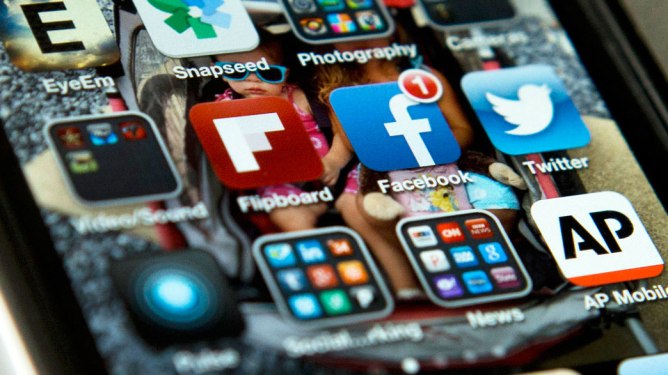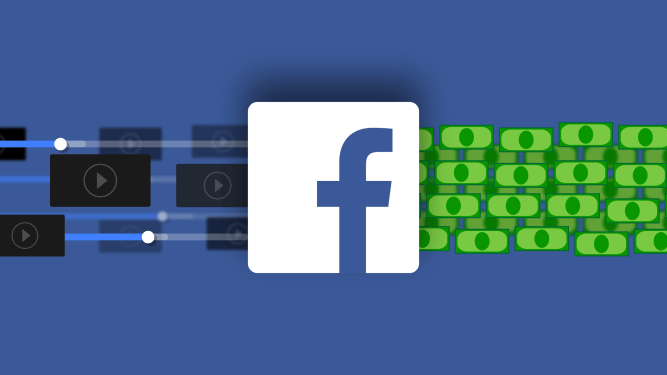On April 24, U.S. President Joe Biden signed a bill that would ban TikTok if its owner ByteDance doesn’t sell the app. The bill requires ByteDance to secure a deal within nine months, with a 90-day extension available to close it. After this deadline, the U.S. will bar app stores from listing the app.
TikTok’s Global Reach: A Look at Other Countries
While the U.S. government weighs its options regarding TikTok, many countries have already taken action against the popular short-video app. This article explores the impact of TikTok bans in various regions and their effects on creators, startups, and local businesses.
India: The First Major Ban
In June 2020, the Indian government banned TikTok along with several other Chinese apps citing national security reasons. ByteDance’s other popular app, Helo, was also affected by this ban. The move marked a significant blow to ByteDance’s expansion plans in India.
Nepal: A New Rival Emerges
In November 2023, developers in Nepal launched a TikTok rival called Ramailo. However, its lifespan was short-lived, and the app failed to gain significant traction.
The Rise of Local Alternatives
After the Indian government banned TikTok, several local alternatives emerged in an attempt to fill the void left by the popular app. Some of these apps include Mitron, Chingari, Trell, and Roposo. While these apps have gained some popularity, they still struggle to match TikTok’s user base.
The Impact on Creators
The proliferation of local alternatives has forced creators to invest time and effort into posting content on multiple platforms. This shift can be detrimental to their growth, as each platform may have different algorithms and features. As a result, creators risk losing their audience if they fail to adapt.
Digital Rights Activists Weigh In
The ban on TikTok has also raised concerns among digital rights activists. They argue that such bans curb free speech and undermine the principles of internet freedom. This debate may play out in the U.S. as well, where the government and ByteDance engage in a legal battle.
The FCC’s Take on TikTok Bans
Last year, FCC Commissioner Brendan Carr praised India for setting an "incredibly important precedent" by banning TikTok in 2020. He emphasized that the U.S. should follow India’s lead to remove nefarious apps.
Conclusion: A Growing Concern
As the U.S. government weighs its options regarding TikTok, it is essential to consider the global impact of such a ban. The effects on creators, startups, and local businesses in various regions are far-reaching and multifaceted. As the debate continues, one thing is clear: the consequences of a TikTok ban will be felt for years to come.






